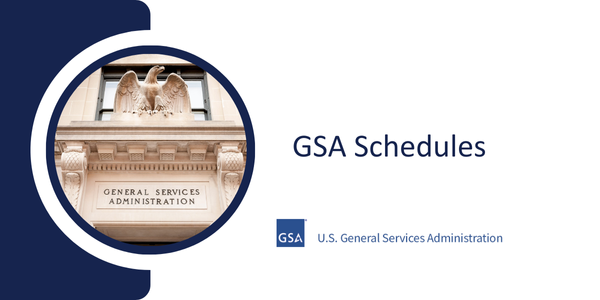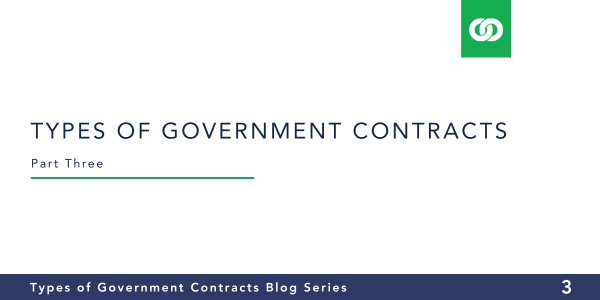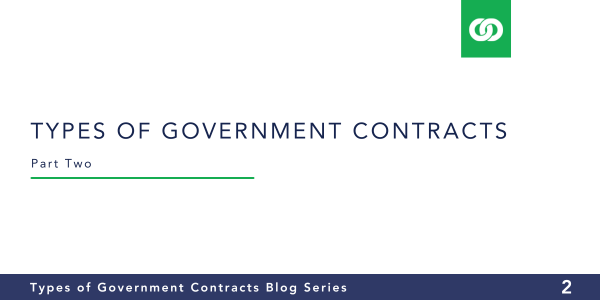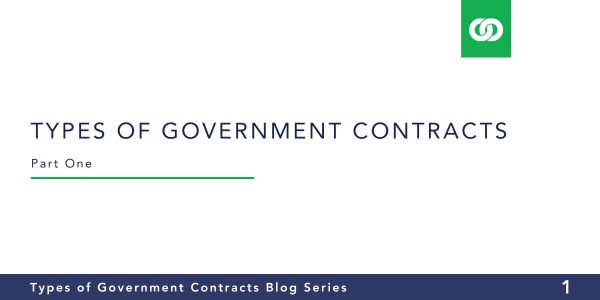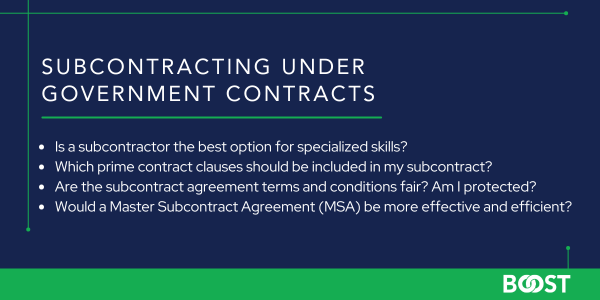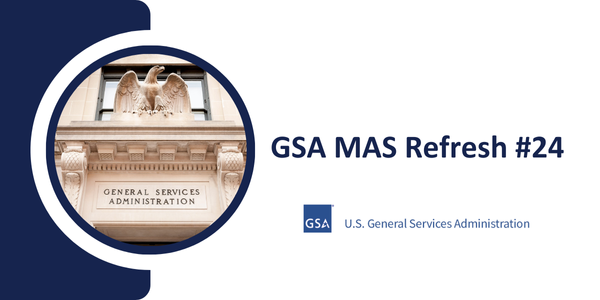CPSR: What Is It and Why Does It Matter, Anyway?
If you’ve worked with any kind of government agency, you know the complex challenges that come with it. From poring over regulations to checking and double-checking your compliance status, you have to spend valuable time and money on ensuring your company adheres to requirements that could make or break a contract. Compliance with CPSR, meaning […]

